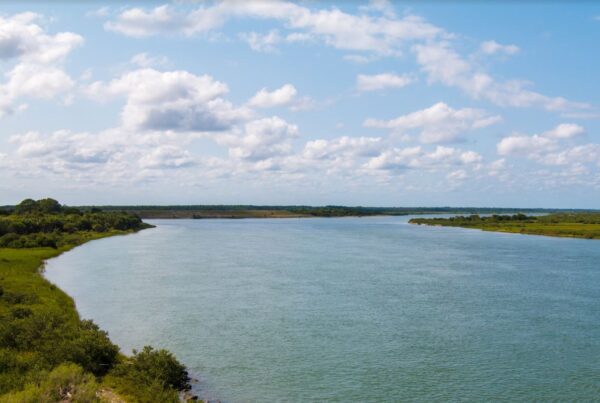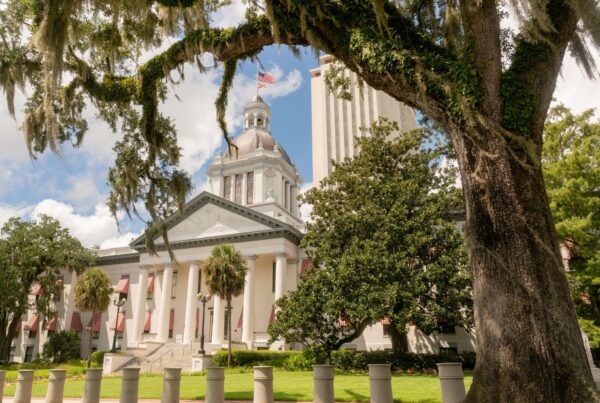The Florida Reef Tract is like an underwater rainforest, teeming with life that sustains both our environment and our way of life. These reefs are home to countless species of fish—like snapper, grouper, and snook—as well as the vibrant marine life that draws divers and anglers from across the world.
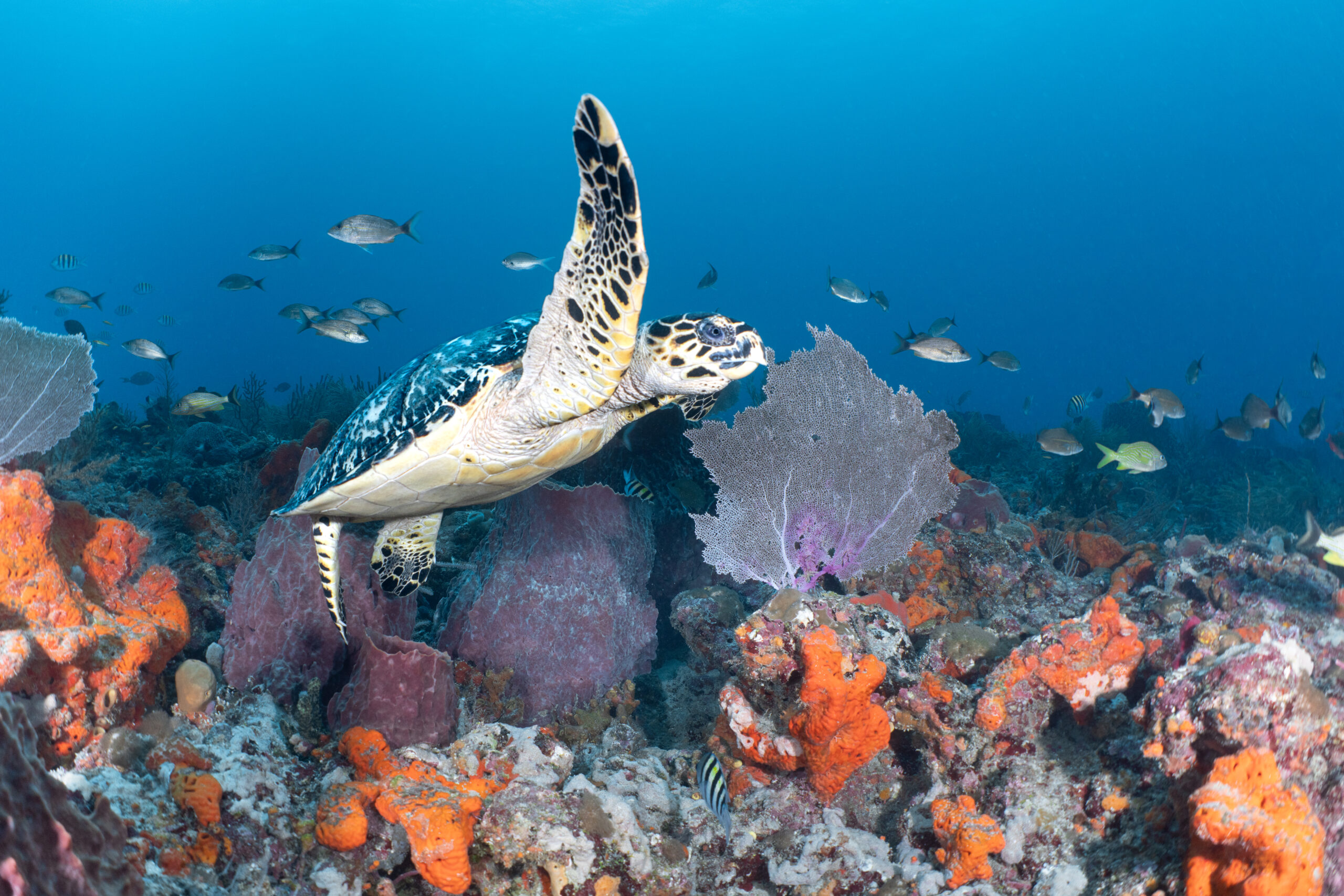
The reef adjacent to Fort Lauderdale is especially unique. It’s likely the last place in Florida where endangered staghorn corals still live alongside rare breeding grounds for the threatened queen conch. But it’s at risk from a massive dredging project at Port Everglades, threatening to bury the reef under clouds of sediment, smothering corals and disrupting the fragile ecosystems that support Florida’s fisheries and dive tourism.
We’ve seen this before: from 2013–2015, the U.S. Army Corps of Engineers dredged PortMiami, and the results were devastating—nearly 300 acres of reef destroyed, millions of corals lost, and promises of restoration still unfulfilled a decade later. Now, history threatens to repeat itself at Port Everglades, with impacts that could be even more severe.
We’ve been working alongside conservation partners for over a decade to protect Florida’s reefs. This long-term collaboration has allowed us to fight these with science, advocacy, and on-the-ground efforts that benefit the entire state.
South Florida’s coral reefs are both beautiful and essential. They are a biodiversity treasure and an economic lifeline, dissipating wave energy and shielding the coast from an estimated $665 million in storm damage each year. They provide nursery grounds and shelter to support healthy fisheries, which also provide amazing recreational opportunities for divers and anglers.
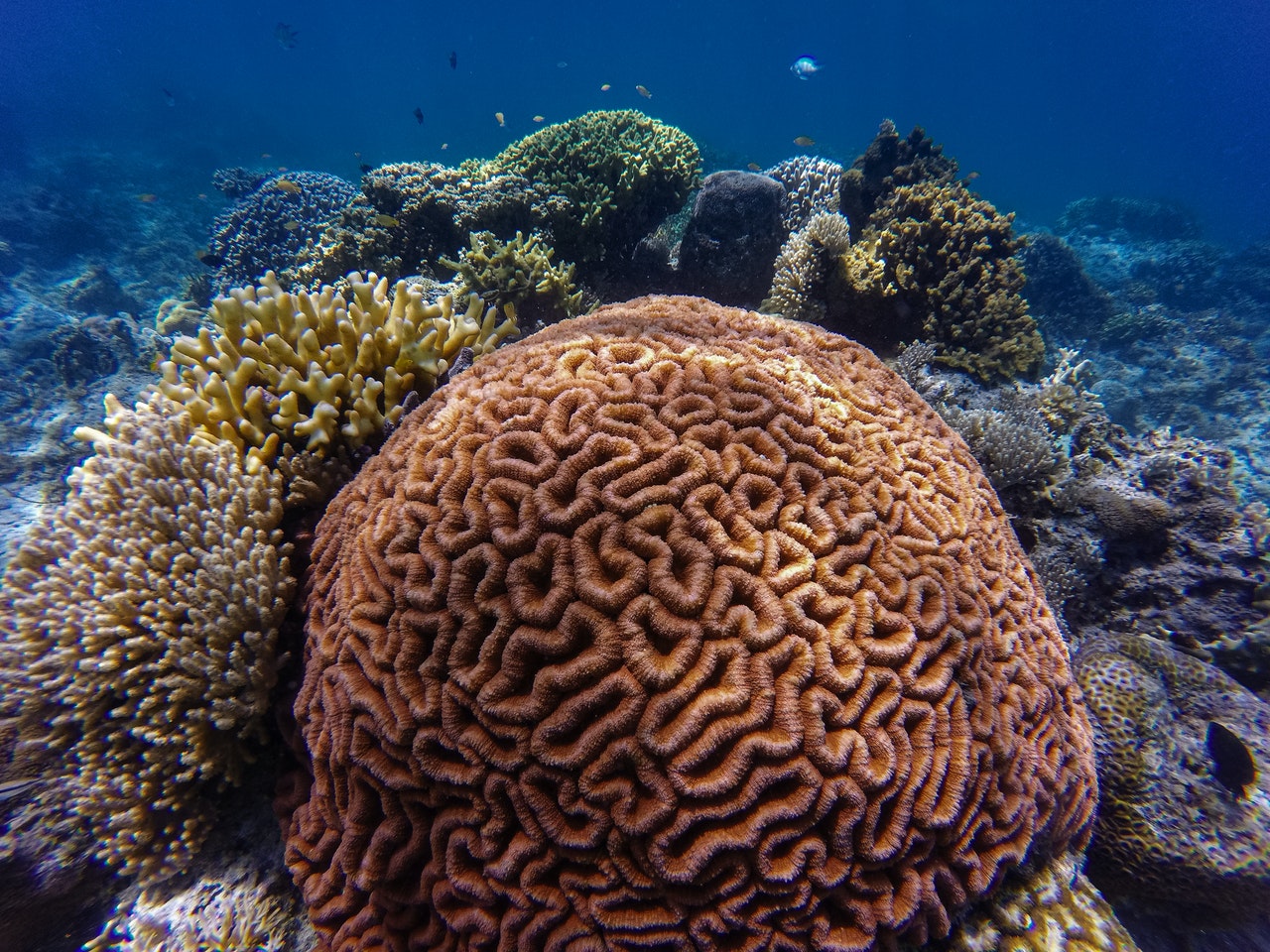
Without proper safeguards, the planned dredge could last over five years and unleash massive sediment plumes that smother corals and conch, disrupt fish populations, and reduce water clarity.
We, alongside the Miami Waterkeeper, Earthjustice, the Center for Biological Diversity, and the Diving Equipment and Marketing Association, have sent a letter to Congressional decision-makers calling for a halt to the project until the Army Corps:
- Commits to a dredging plan that fully evaluates harm to listed species and critical habitats.
- Uses the best available science to finalize project plans before construction begins.
- Implements enforceable measures to protect corals, queen conch, and other marine life.
- Demonstrates that mitigation for coral losses is feasible, scientifically supported, and fully funded before approval.
- Updates the cost-benefit analysis, applying lessons from PortMiami.
- Ensures prior damage at PortMiami is fully mitigated before starting Port Everglades.
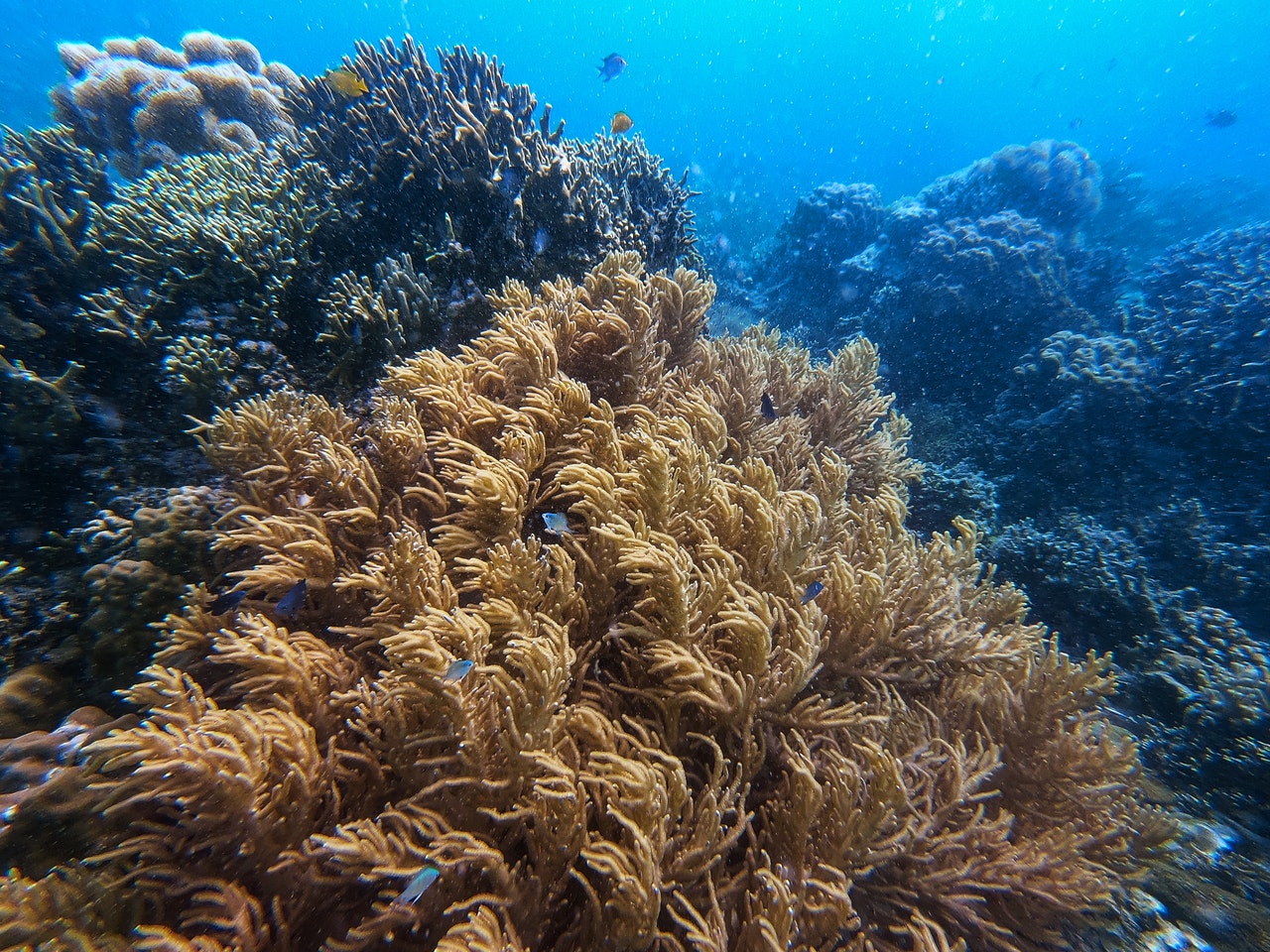
“The coral reefs off Fort Lauderdale are part of Florida’s world-renowned marine habitats, supporting a robust eco-tourism economy and home to countless marine species. Ignoring past impacts without a plan to mitigate damage sets a dangerous precedent for conservation. We are proud to take action with our partners to protect these irreplaceable ecosystems.”
– Sarah Gledhill, President and CEO of Florida Wildlife Federation
The stakes couldn’t be higher. If we fail to act, we risk repeating history on an even larger scale. We’re calling on you—Floridians, divers, anglers, and reef lovers—to take action.
The Corps’ Biological Assessment is currently being reviewed by the National Oceanic and Atmospheric Administration (NOAA). It’s critical that we highlight the widespread support for environmental protection during this process. Write to your representatives and help us protect what’s left of these irreplaceable ecosystems. Our reefs have given us so much; now it’s our turn to protect them.
We thank Miami Waterkeeper and Only One for leading this campaign. To learn more, visit stopthedredge.com



